Making a television show is really hard. Just look at the number of hugely popular TV shows that almost didn’t get made: Game of Thrones, Seinfeld, South Park, and 30 Rock are just a few of many beloved TV series with production struggles. These award-winning shows are considered some of the best of all time, but their pilot episodes almost got the shows scrapped before they even began! Whether it’s meddling network executives or sobbing focus groups, even the highest quality programming can face huge hurdles on the path to getting a green light. The next time you watch Game of Thrones, for example, remember that the co-creators thought the first pilot was a “turd” that HBO would never air. Or consider Jon Stewart’s “insane” co-workers that almost drove him from his own show before he taped a single episode. Here’s a look at some of the obstacles television shows overcame to get made.
1. Making a Murderer
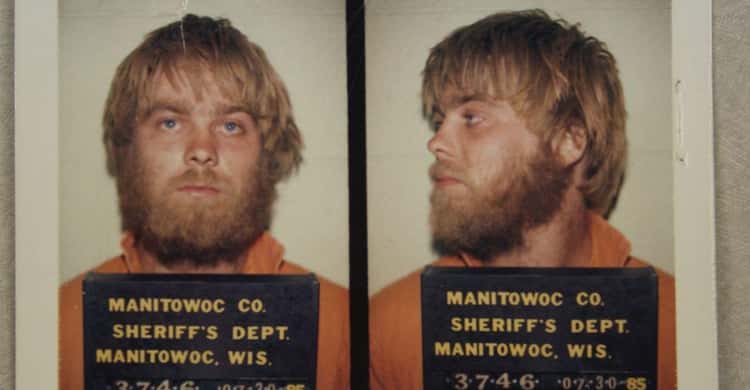
Obstacle: The state of Wisconsin wanted to subpoena the footage.
This Netflix true-crime documentary series was almost shut down by a subpoena request from the state of Wisconsin. Directors Laura Ricciardi and Moira Demos have yet to reveal the nature of the request, but in January 2016 they said the subpoena would have “effectively shut down the production.” The state didn’t win, of course, and the series garnered worldwide attention. There was even a petition to the White House to pardon the series’ subject, Steven Avery, which gathered more than 500,000 signatures.
2. Breaking Bad
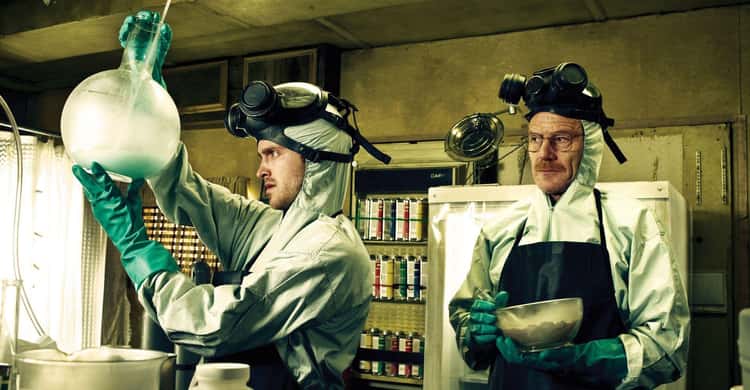
Obstacle: Similarity to Weeds.
Breaking Bad creator Vince Gilligan says that his hugely popular drama likely wouldn’t have happened if he was aware of Weeds, the Showtime comedy with a loosely similar premise. When making the pitch to an undisclosed network, the network’s president thought Breaking Bad sounded a lot like the Mary-Louise Parker vehicle, which Gilligan was totally unfamiliar with (in his defense, it had just debuted). Luckily for Breaking Bad fans, Gilligan continued pitching it and the show eventually debuted on AMC.
3. Friends
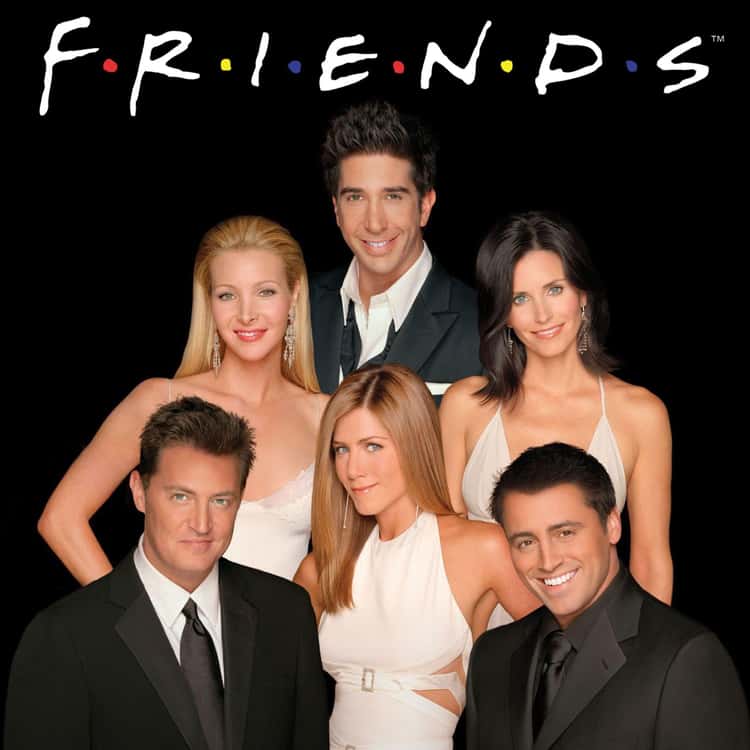
Obstacle: Abysmal reviews from test audiences.
One of the most popular sitcoms of all time was not well-received at all by its first test audience. The audience felt the show – which went on to air for a whopping ten seasons – was “not very entertaining, clever or original” and gave it a “poor” rating overall. The audience’s feedback also indicated (to NBC executives, at least) that the show needed older characters. The Friends writers obliged and tried to add an older cop character, but later scrapped that idea and instead wrote parts for the core group’s parents.
4. CSI: Crime Scene Investigation
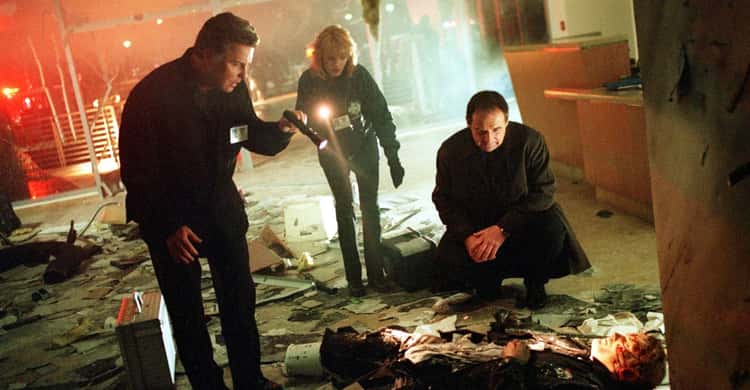
Obstacle: CBS was hesitant to air it because they were concerned about whether or not it would fit into their demographic.
CSI: Crime Scene Investigation aired for 15 years on CBS, but the network was reluctant to add it to its lineup at first. Why? Well, the premise was “not a slam dunk,” according to CBS president Leslie Moonves. The show’s stars were “scientists and nerds,” in the words of star William Petersen, and it had less action than most crime shows. Plus, creator Anthony Zuiker had never even written a TV script before! Test audiences, however, loved the show and it later became a huge success for the network.
5. Star Trek: The Next Generation
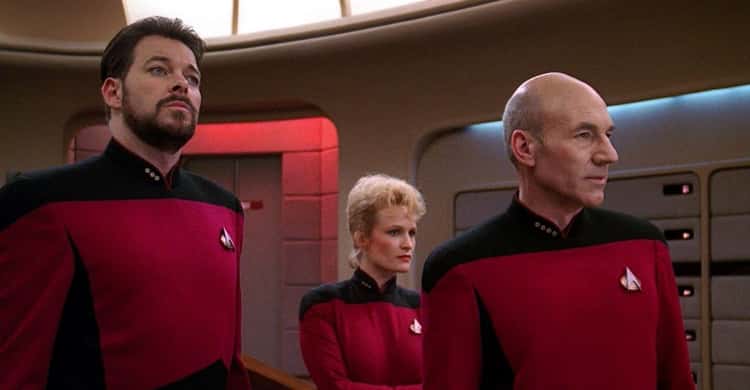
Obstacle: John Pike and Gene Roddenberry disagreed on the length of the pilot.
Star Trek creator Gene Roddenberry nearly pulled the plug on Star Trek: The Next Generation before the first episode even aired. According to William Shatner’s documentary Chaos On the Bridge, Roddenberry wanted the pilot to only be one hour long, but Paramount Television president John Pike wanted it to be a more cinematic two hours long. The disagreement nearly dissolved the whole project, but fortunately for Star Trek fans, Pike won the argument and the show went on to air 176 episodes.
6. Crazy Ex-Girlfriend

Obstacle: The show was rejected by eight different networks.
Less than a year before winning a Golden Globe for Best Actress In a TV Comedy for Crazy Ex-Girlfriend, the show’s creator, writer, and star Rachel Bloom tried to get the show produced by eight different networks, but was rejected by all of them! The CW picked up the show eventually, leading to the Upright Citizen’s Brigade member’s big award win. Bloom told Chelsea Handler that continuing to write and perform helped her cope with the rejection.
7. Fuller House
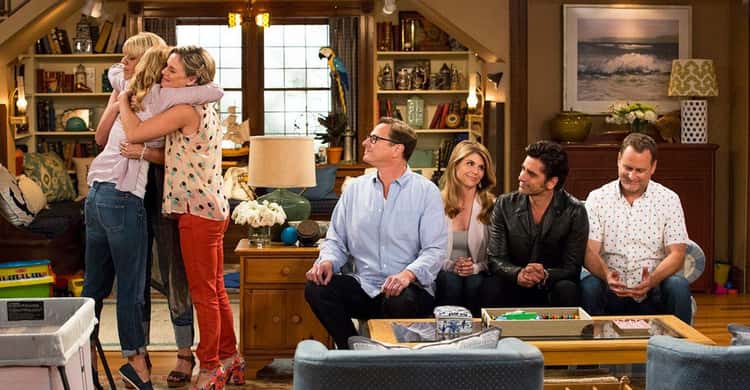
Obstacle: Almost ten years of network indifference.
Before Netflix saw things his way and green-lighted the Full House sequel series Fuller House, creator Jeff Franklin spent almost a decade trying to get networks to pick the show up. His argument? Full House was a ratings juggernaut in re-runs and fans were genuinely clamoring for a new installment. According to Franklin, “a whole bunch of networks” just didn’t get it and passed.
8. Wiseguy
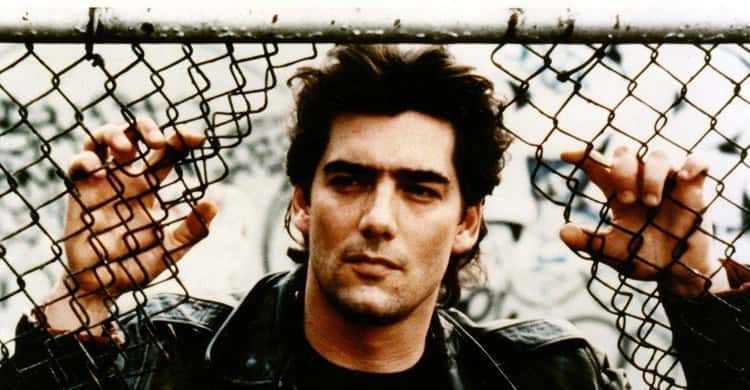
Obstacle: Several networks rejected the show because they thought the five or six hours it would take to complete the main story arc was too long.
Stephen J. Cannell pitched his 1987 crime drama Wiseguy “all over town” to several networks over the course of five years – even going back to the same networks over and over when certain executives got fired – but he couldn’t sell it. The networks didn’t like that the main story arc would take five or six hours to complete, preferring self-contained episode arcs instead. CBS finally bought it when they hired Cannell’s friend Kim LeMasters as their new head of programming.
9. American Idol
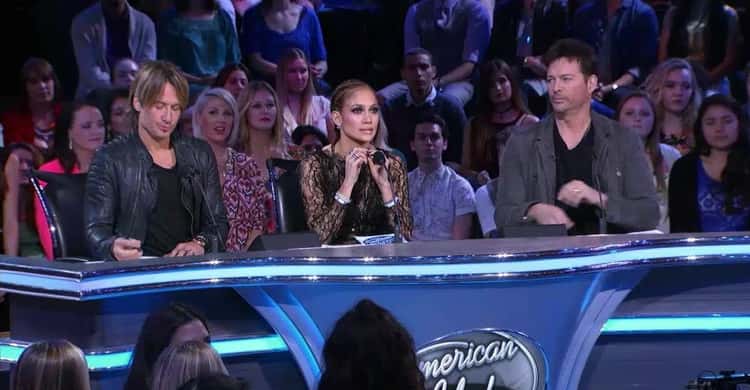
Obstacle: Network indifference.
The extraordinarily popular American Idol actually had a difficult time getting on the air, believe it or not. Co-creators Simon Fuller and Simon Cowell pitched it to “all the network stations” in the early 2000s to no avail. But Rupert Murdoch was the CEO of Fox’s parent company at the time, and his daughter, Elisabeth, was a big fan of Pop Idol, the British version of the show. Her insistence is what won FOX over in 2002.
